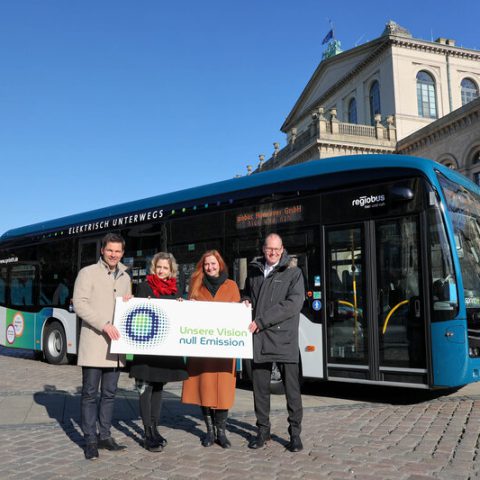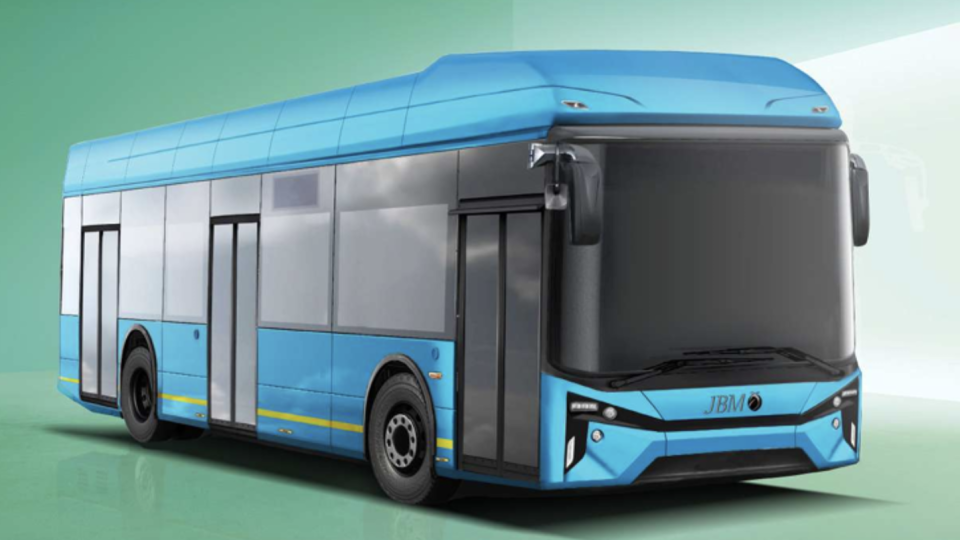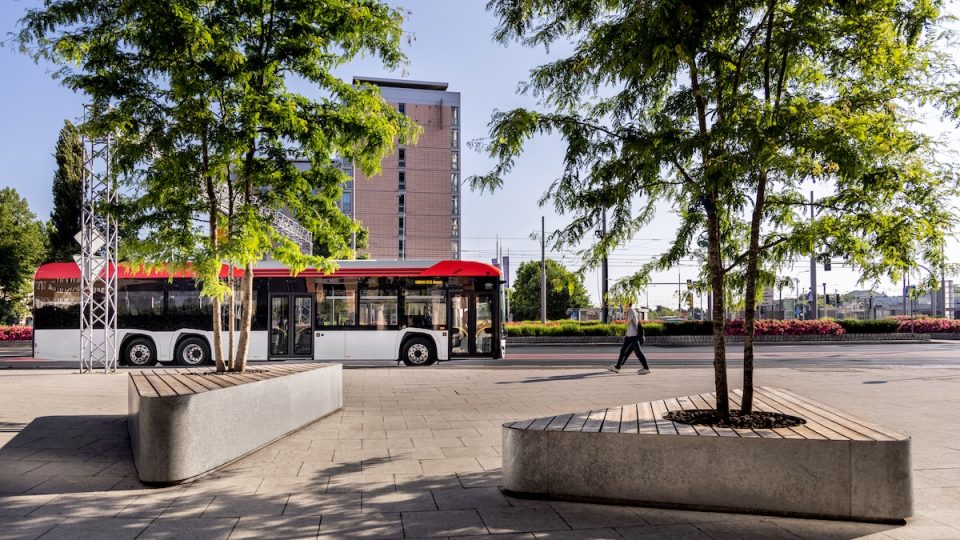15 e-buses for Regiobus in Hanover. They’re eCitaro
Regiobus has ordered 15 battery-electric buses, thus beginning the transition of the fleet towards zero emission technology. The operator has turned to EvoBus and is then going to deploy 15 units of Mercedes eCitaro. Since 2020, regiobus has exclusively procured so-called mild hybrid buses; in parallel, various low-emission drive technologies (including hydrogen-powered buses) were tested […]

Regiobus has ordered 15 battery-electric buses, thus beginning the transition of the fleet towards zero emission technology. The operator has turned to EvoBus and is then going to deploy 15 units of Mercedes eCitaro.
Since 2020, regiobus has exclusively procured so-called mild hybrid buses; in parallel, various low-emission drive technologies (including hydrogen-powered buses) were tested for the longer interurban routes of the municipalities.
The vehicles have been procured thanks to funding approved in 2020 by the Federal Ministry for the Environment (BMUK).
Fundings from BMUK for Regiobus
The total cost of the electric vehicles is around 10.5 million euros. The BMUK covers 80% of the additional costs that the company had to incur by investing in e-buses, compared to the purchase of conventional diesel buses. The investment sum for the construction of the charging infrastructure is around 7 million euros. Here, the BMUK enabled regiobus to receive a subsidy of 40 % of the costs.
The 5-battery modules of the Mercedes eCitaro, each with 64.5 kWh capacity (together 322.5 kWh), is housed in the rear compartment of the buses.
They are intended for use on the sprintH lines 500 and 700 between Hanover-Gehrden and Hanover-Wunstorf, respectively
Inside the e-buses, passengers will find 36 seats and 42 standing places in the middle entrance, as well as a large multi-purpose area with two wheelchair spaces and mobile folding seats.
All e-buses have mirrorcams instead of the exterior mirror. A sound system that imitates the missing ice bus noise also ensures safety in road traffic.
Regiobus, electric buses in future Weetzen depot
“By replacing the 15 diesel-powered buses, around 550,000 litres less fuel and thus 1430 tonnes of CO2 are released into the atmosphere every year. If the distance travelled by the two SprintH lines is divided between the city (44%) and the surrounding area (56%), the CO2 savings are 629 tonnes per year in the city and over 800 tonnes per year in the surrounding area. The fine dust pollution is also reduced by approx. 28 kg per year in the city and by 36 kg in the surrounding area”, Regiobus estimates.
The installation of the charging technology at the depot in Wunstorf is currently being completed. This is a temporary solution that will serve as a charging infrastructure until the newly planned depot in Weetzen goes into operation.
Pantograph charging as well implemented in Hanover
The construction of a further charging infrastructure in the form of 7 pantographs at the ZOB Hannover is being planned in order to provide a central charging point with the necessary charging volume for all e-buses whose destination is the ZOB in the long term.
“Here we are working on a jointly usable infrastructure for ÜSTRA and regiobus, thus expanding the charging options for the buses of both companies and becoming considerably more flexible,” explains Managing Director Elke van Zadel.
“In perspective, the electrification of the Regiobus bus fleet will progress by five more e-buses per year,” says van Zadel. With the planned new depot in Weetzen, the previous locations in Wunstorf and Eldagsen will be cancelled and the charging possibilities at the new depot and at the ZOB in Hanover will be used.
Wolfgang Toboldt, Chairman of the regiobus Supervisory Board: “The path to e-mobility that regiobus is now embarking on has been carefully and well prepared. By switching from diesel to electricity alone, we will achieve a saving of 1.43 tonnes of CO2 per year with the 15 e-buses and make an immense contribution to healthier air in the entire Hannover region.”







